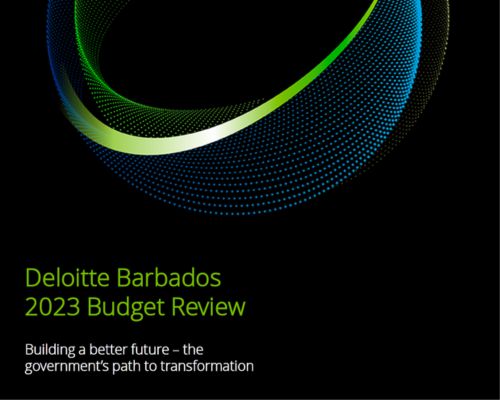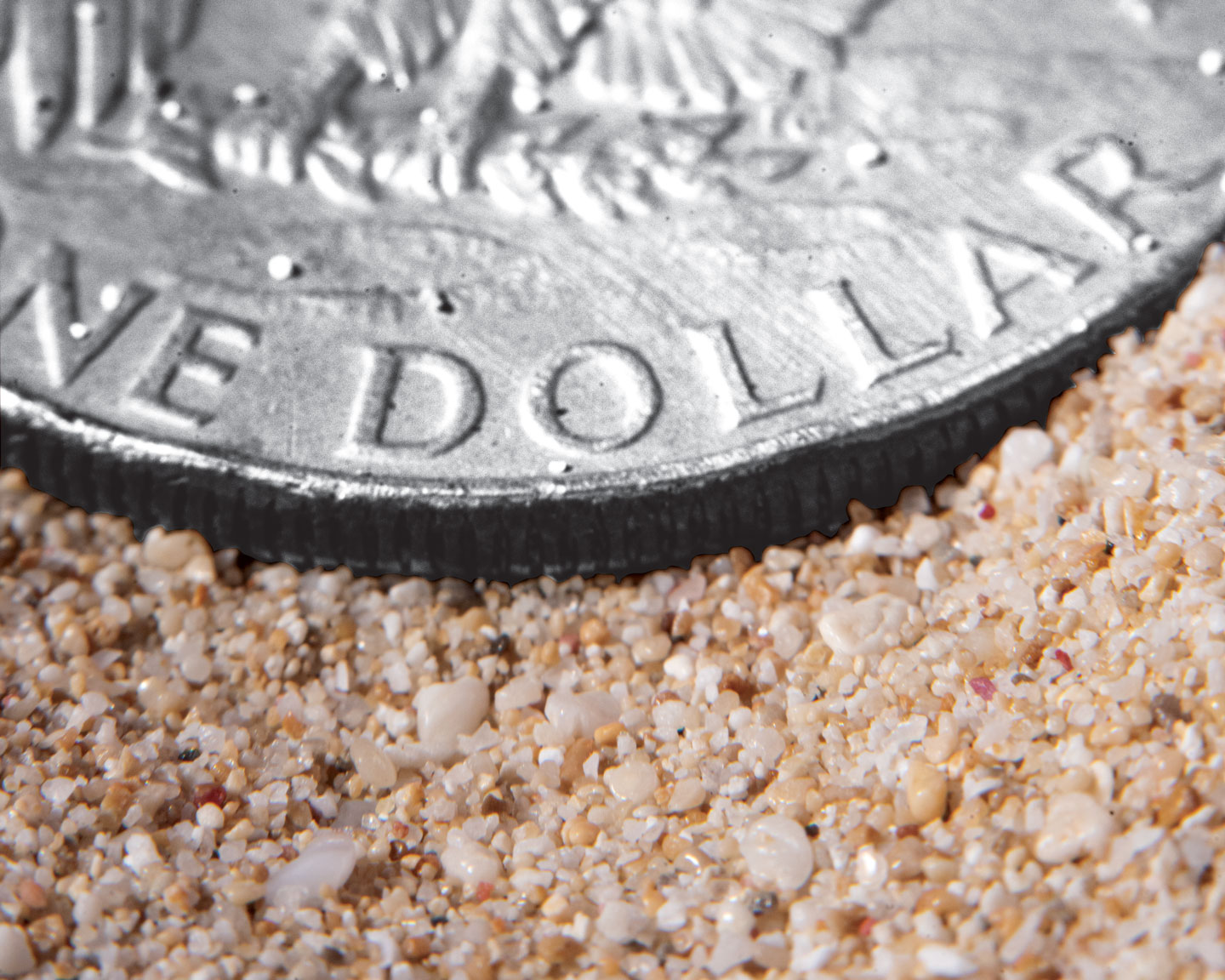
Today, Wednesday 31 January 2024, Barbados Central Bank Governor Dr Kevin Greenidge delivered the Bank's review of Barbados' economic performance for the period January to December 2024.
Below is a summary of key messages:
Overview
Despite facing global and local headwinds, the Barbados economy sustained its growth trajectory, driven by the robust performance of the tourism sector. Amidst challenges such as elevated foreign interest rates, geopolitical tensions, and local climatic events affecting agricultural output and local prices, the Barbadian economy demonstrated resilience and continued its upward growth path in 2023. Anchored by thriving tourism, the economy registered an estimated growth of 4.4 percent. This robust expansion not only bolstered transaction-based tax revenues but also contributed significantly to reducing the debt-to-GDP ratio, narrowing the external current account deficit, and enhancing the profitability of the financial sector.

Tourism continued to be the major driver of the economic expansion.
The sector's strong performance in its second year of recovery since the COVID-19 pandemic has been bolstered by increased airlift capacity, intensified promotional initiatives in key source markets, high-profile cricket events, and the vibrant revival of the Crop-Over festivities. The sustained growth in tourism has been a catalyst for expansion in the non-traded sectors, particularly energising construction, wholesale & retail, and the business & other services sectors, underscoring the interconnectedness of the economy.
Barbados’ external position continued to strengthen during the review period.
The current account narrowed by $224.5 million to a reduced deficit of $1,026.2 million, primarily fuelled by a surge in tourism receipts and a decrease in the value of imports. Additionally, the country’s foreign reserves benefitted from the inflow of policy-based loans. These positive developments collectively elevated the gross international reserves by $227.2 million, amounting to $2,997.4 million at end December 2023, equivalent to 31.6 weeks of imports of goods and services. This performance marks the second-largest end-of-year reserve position since 1990, and is another indicator of Barbados' enduring economic resilience.
Government effectively balanced its fiscal challenges, achieving its primary surplus target and maintaining a minimal overall deficit.
In the face of challenges such as the cessation of the pandemic levy and shifts in the timing of corporation tax collections, Government navigated the fiscal landscape. Enhanced domestic economic activity bolstered transaction-based taxes, effectively mitigating revenue losses. Despite rising interest costs, wages & salaries, and grants to public institutions contributing to increased spending, Government achieved a primary surplus of $493.9 million, equivalent to 3.8 percent of GDP. This not only surpassed the target of $378 million, thus helping to reduce Government’s financing requirements, but also resulted in a small overall fiscal deficit of just $9.1 million, or 0.1 percent of GDP.
The debt-to-GDP ratio remains sustainable on its downward trajectory.
The ratio fell to 115.5 percent, from 120.3 percent in 2022, in tandem with the rise in economic activity. The period also realised an increase in the uptake of domestic securities and the acquisition of additional policy-related loans from multilateral institutions that pushed up the debt stock. Moreover, the interest-to-revenue ratio rose slightly, influenced in part by the global increase in interest rates.
Financial sector conditions remained stable.
The robust economic growth positively influenced the financial sector's performance, enabling higher private sector credit to households and businesses, along with a continued decrease in non-performing loans (NPLs). Despite a slowdown in deposit growth at the end of the year, primarily due to higher drawdowns to facilitate loan repayments, travel by households, and larger holdings of Government securities by individuals and businesses, liquidity in the banking sector remained high. Furthermore, the steady enhancement of capital adequacy ratios and bank profitability underscored the resilience and robustness of the financial system.
Watch the press conference in full via YouTube
Download the full press release:








-35.avif)
%20(1400%20%C3%97%20900%20px).avif)
-18.avif)


.avif)






